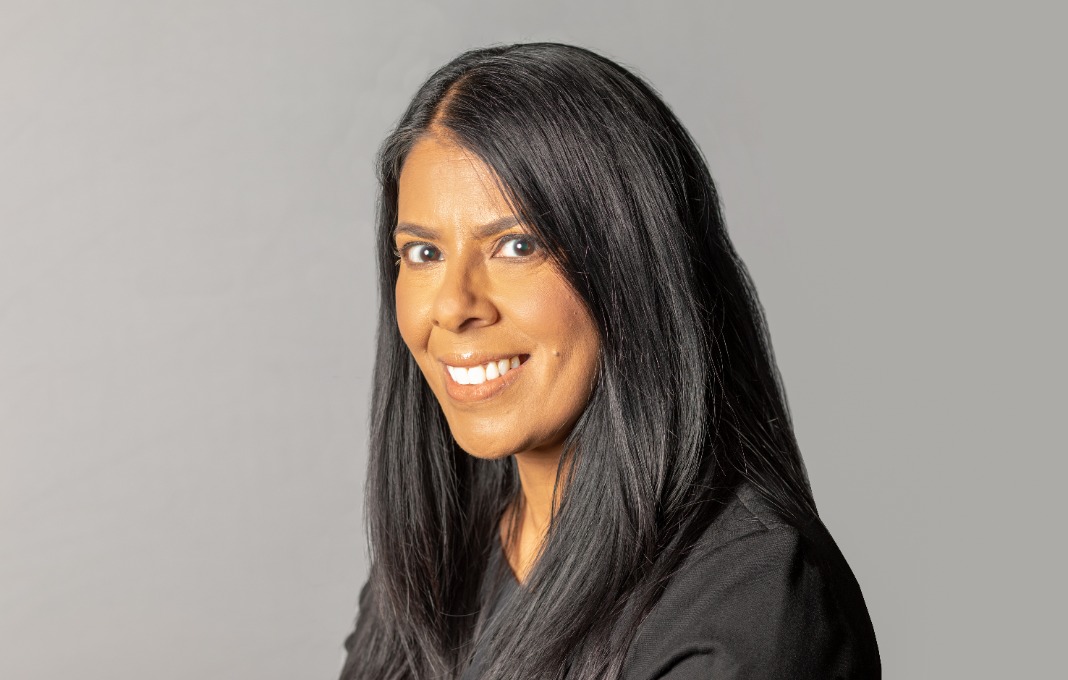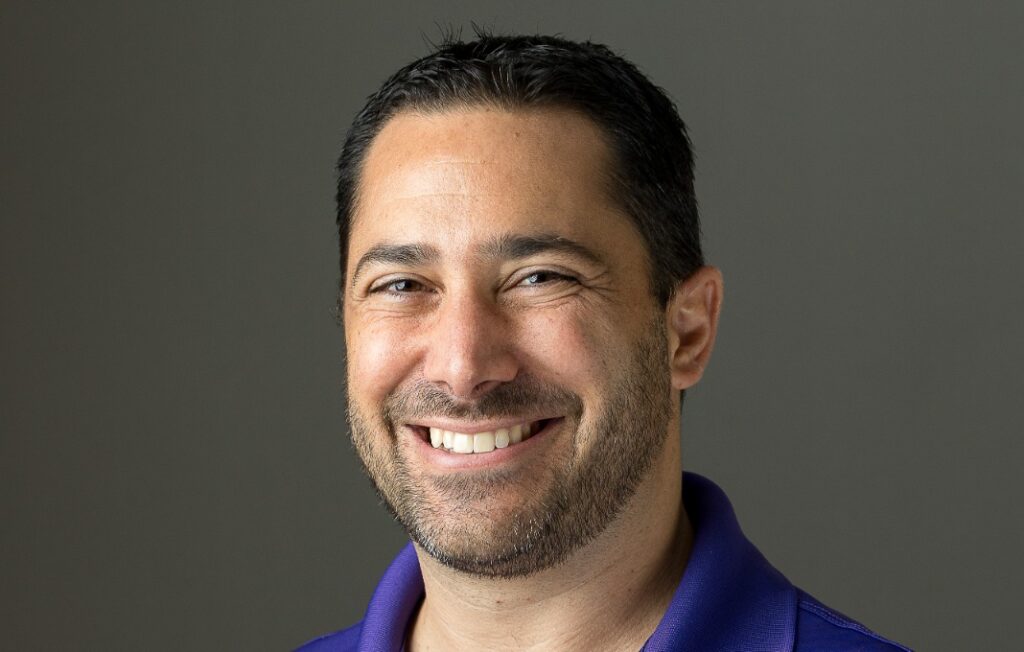Dipa Homer is comfortable taking professional risks, and that translates into a desire and willingness to push things forward for her company, Rheem Manufacturing.
She came to the United States eight years ago with NCR from a youth and early career in Sydney, Australia, and then got her green card. By 2019, she had jumped to Rheem, which makes HVAC and water-heating products and supplies, as head of HR for the company’s water-heating division. When Rheem’s CHRO moved on in 2021, Homer was tapped as the successor and executive vice president for HR and communications.
“It’s been fantastic to be able to enjoy the internal career progression to get to this point,” Homer tells StrategicCHRO360.
She has quickly applied similar determination to upgrade the human-capital culture at Rheem, a privately held, multi-billion-dollar company headquartered in Atlanta, with about 12,000 employees at factories and distribution centers around the globe.
For example, Homer stood up Rheem’s first company-wide learning-management system recently after launching another company first: an “employee listening” survey. “One thing that came out of it,” Homer says, “is that people want to know how they can continue to grow and develop their career. This [new] system allows some of that training. We also have specifically designed leadership-development programs that will enable our leaders to succeed with a company like Rheem that is becoming more and more global.”
In general, she says, “I’ve been standardizing and professionalizing the [HR] function” at Rheem, “and that has taken time, even things like having the same practices across a country or location.”
But as Homer has acquired and developed expertise more broadly in her field, she recognized that “it has to be about talent first. So the first thing I needed to do was build the right team around me, have the right subject-matter experts to learn about the pieces, to learn enough to be able to push things through if that’s what needed to happen, and to be able to ask the right questions and support my team.”
Second, she’s eased into new status as “part of the executive-leadership team. I had reported to the president of the global water business, and now suddenly my former boss had become a peer; we both reported to the CEO. That’s a transition I needed to make, and to have a trusting relationship so I’m seen as a partner and a peer.”
In addition to those adjustments within her profession, Homer also moved to “understand our business. How can you give advice around talent if you don’t understand where the business is going?” Homer picked up some of that understanding by going on a grand tour of water-heating operations, of sorts, shortly after she joined the company.
“I learned a lot about the company’s culture, and realized that it’s very much a people-focused, relational culture and that things happen through face-to-face interaction,” Homer says. Visiting Rheem facilities abroad “gave me insights from a cultural perspective, where many manufacturing facilities are making heaters or boilers or tanks, but there are differences in how people approach doing it—cultural nuances that are in play.
“In some places, there are more familial atmospheres than in other locations. But at the end of the day, people want to support their families and work in an environment where people care for them and want them to be safe.”
Her tour was cut short by the explosion of Covid in early 2020, but as CHRO since late October 2021, Homer has been relying more on the fact that Rheem is privately held, which allows her to “take a long-term focus and outlook, even in my own strategic thinking. The fact that the company thinks in terms of generations allows me to design programs and strategies that have a long-term focus and impact from a legacy perspective. It’s exciting to be able to think about these things in a more thoughtful manner.”
In plotting and following the long-term strategy she is developing for human-capital management at Rheem, Homer says, “the biggest challenge I’ve been facing is trying to scale.” An example, she says, is helping the company conduct the ongoing “war for talent. It’s real. But it can’t just be training. We have to figure out how to create rich on-the-job experiences for people and for different projects, and have good leaders to lead those people.”
Here’s how Homer approaches some topics that are front-and-center for CHROs these days:
Front-line challenges. One survey after another reveals that the biggest reason U.S. workers leave companies is their displeasure with their direct supervisor. “People might not want to leave an organization, but they want to a leave a manager,” Homer says.
To solve that problem, however, is much bigger than simply recognizing it. “Training could get you there, but I’m not sure how [supervisors] would receive that,” Homer says. “Leadership in a company starts from the top, from the CEO and others. We should be role models for behaviors that filter down to front-line leaders.”
Beyond that, she says, “is the simple concept of treating people the way they want to be treated. Understanding can go a long way.”
Benefits innovations. Where Rheem has noticed increasing demands from employees, she says, is in the area of “financial wellness.”
“A lot of them are living paycheck to paycheck,” Homer says. “We are starting to work with some of our partners on how to help [employees] do that differently, not necessarily with financial advisors but just advice on how to manage money and take a long-term retirement strategy.”
Also, Rheem is attempting to “help people from a well-being standpoint. How do we get them to think about diet and exercise differently? That’s something we’ve been exploring.”
DEI navigation. As a prime example of a successful “diverse” careerist (female immigrant with parents from Bangladesh), Homer understands this arena on a personal level.
“We certainly do have a higher ratio of women” in leadership positions at Rheem than in the past, she says. “And it’s an interesting climate to navigate. When I interview clients, I’m asked about my journey, and I’m open and honest about it. They ask, ‘Who else is like you here?’ And I say that I’m actually one of the first people in this role at this level, and that affects how I’m thinking about talent and roles.”
Who’s got leverage. Homer has noted how the overall U.S. talent market has loosened a bit since the end of the pandemic and given employers generally more leverage than a couple of years ago.
But that shift hasn’t taken hold much at Rheem. “In some locations, there is still a shortage of labor, so we have to compete very heavily,” Homer says. “In [areas] where we continue to make strides, like technology, there is still a huge shortage of really good talent. So it’s about creating the right workplace environment so you can secure good talent and hang on to them.”








